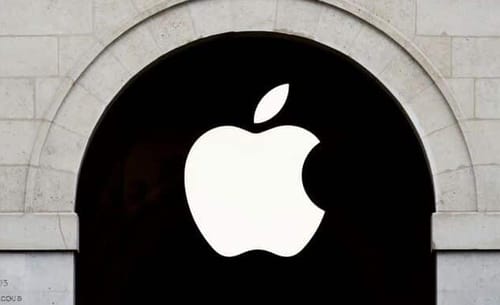 |
| Apple rejects Russian demands for the App Store |
According to Reuters, Apple is rejecting antitrust lawsuits from Russia's federal cartel body, which hopes iOS developers can educate customers about alternatives to in-app payment options.
Russia Today confirmed that Apple hopes to conduct a judicial review of the regulator's warning. The deadline for the initial issuance of the warning is September 30, which forced the US tech giant to change its counter-directive policy.
Apple did not comply, the Russian antitrust service announced that it will file an antitrust lawsuit against the company at the end of October.
The US tech giant's in-app payments policy is controversial. The company requires iOS developers to use its integrated payment system, which in many cases allows it to charge lucrative commissions of up to 30% on every purchase.
The Company prohibits developers from using third-party payment methods in their apps and limits their ability to notify customers if they accept other payment methods elsewhere.
The Russian Federal Antimonopoly Service opposes this policy. In the announcement in late October, the regulator said Apple had abused its dominant position by selling apps through its App Store and would not allow developers to tell app users that they can pay for purchases outside the App Store.
Russia wants Apple to relax the rules
In August, in response to a class action lawsuit, the company said it would clarify its policy on notifying developers of alternative payment methods.
This means that developers can use contact methods such as email to share information about alternative payment methods with customers. However, developers can no longer do this in the app.
App Store policies face opposition around the world. A judge in the dispute between the company and Epic Games has ordered the company to allow the iOS app to direct users to other payment methods. Set December 9th as the company's deadline.
South Korean lawmakers passed a law in late August that prohibits platform owners from restricting developers. The European Commission has also filed an antitrust lawsuit against this practice.
Russian antitrust authorities have clashed with the company this year. He was fined $12 million for complaining about a crackdown on third-party parental control apps.